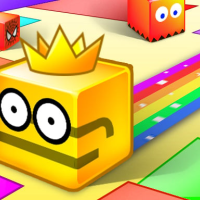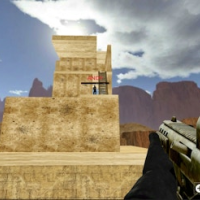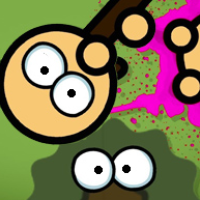
The Pen Game
5/5 (1 Reviews)What is The Pen Game?
The Pen Game is a mind game that tricks players into figuring out the hidden "rule" while participating in the game. It’s typically played with a small group, requiring only a pen or similar object to get started. The person who knows the secret rule becomes the game master and guides others as they try to uncover the game’s logic.
At its core, The Pen Game is less about physical action and more about observation, reasoning, and attention to detail. The simplicity of its requirements—just a pen and participants—makes it ideal for casual gatherings, classrooms, or even team-building sessions.
Rules of The Pen Game
The rules may seem straightforward at first glance, but part of the allure is how deceptively simple they appear.
Start with a Game Master: One player takes on the role of the game master, who knows the secret rule governing the game.
Set the Pattern: The game master performs an action or describes something involving the pen, and the other players attempt to repeat it. However, only actions adhering to the secret rule will be deemed correct.
Player Turns: One by one, participants imitate or suggest how to interact with the pen. After their turn, the game master declares whether they are correct or incorrect.
Uncover the Rule: Players need to deduce the hidden rule by carefully observing what the game master approves or rejects. The rule might relate to something entirely non-obvious, like the phrasing of a sentence, how the pen is held, or the alignment of objects around it.
Winning the Game: A player wins by correctly identifying the secret rule and explaining how it applies to the game. Once discovered, they may take on the game master role for a new round.
Features of The Pen Game
The Pen Game is beloved for its versatility and depth. Here are some of its standout features:
1. Mental Challenge
The game demands attention, logical reasoning, and critical thinking, making it an excellent brain exercise. It keeps participants on their toes, analyzing patterns and subtle cues.
2. Inclusive Gameplay
With no age restrictions, The Pen Game is suitable for kids, teenagers, and adults alike. It requires no expensive equipment, making it a universally accessible option.
3. Group Bonding
The game fosters teamwork and social interaction. Players often collaborate or discuss their theories, which sparks engaging conversation and laughter.



























